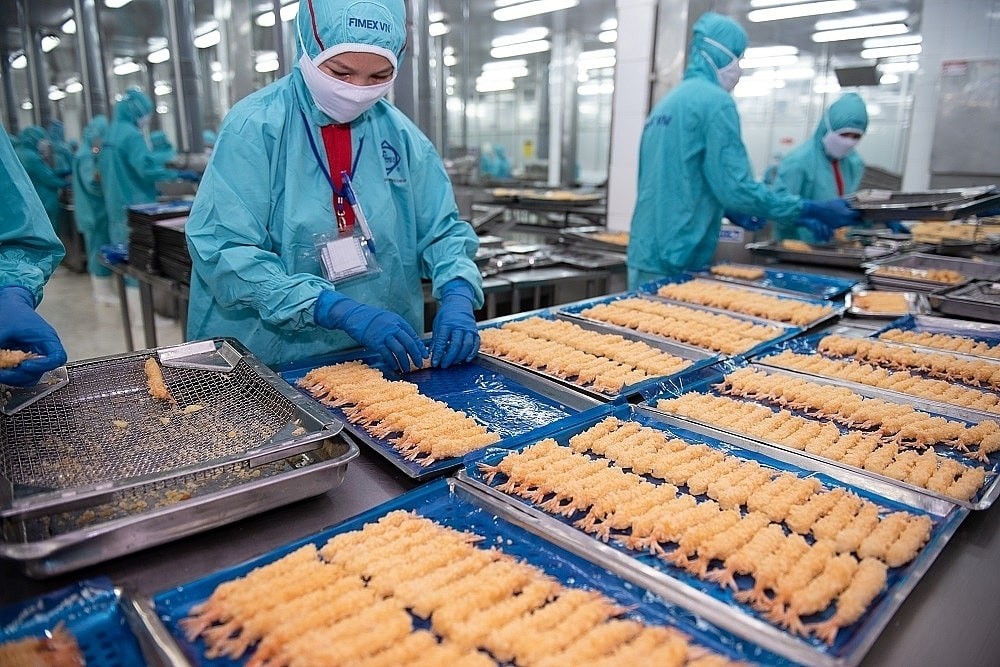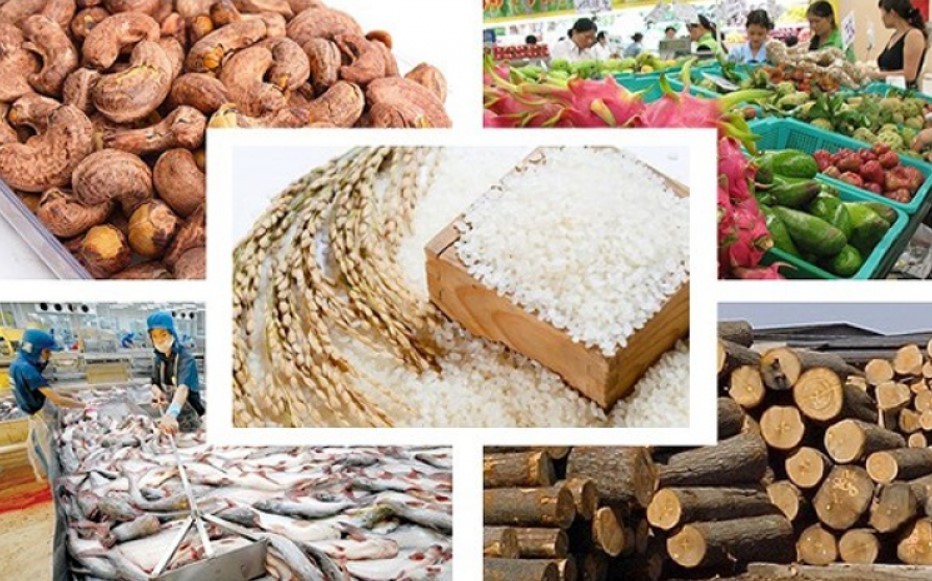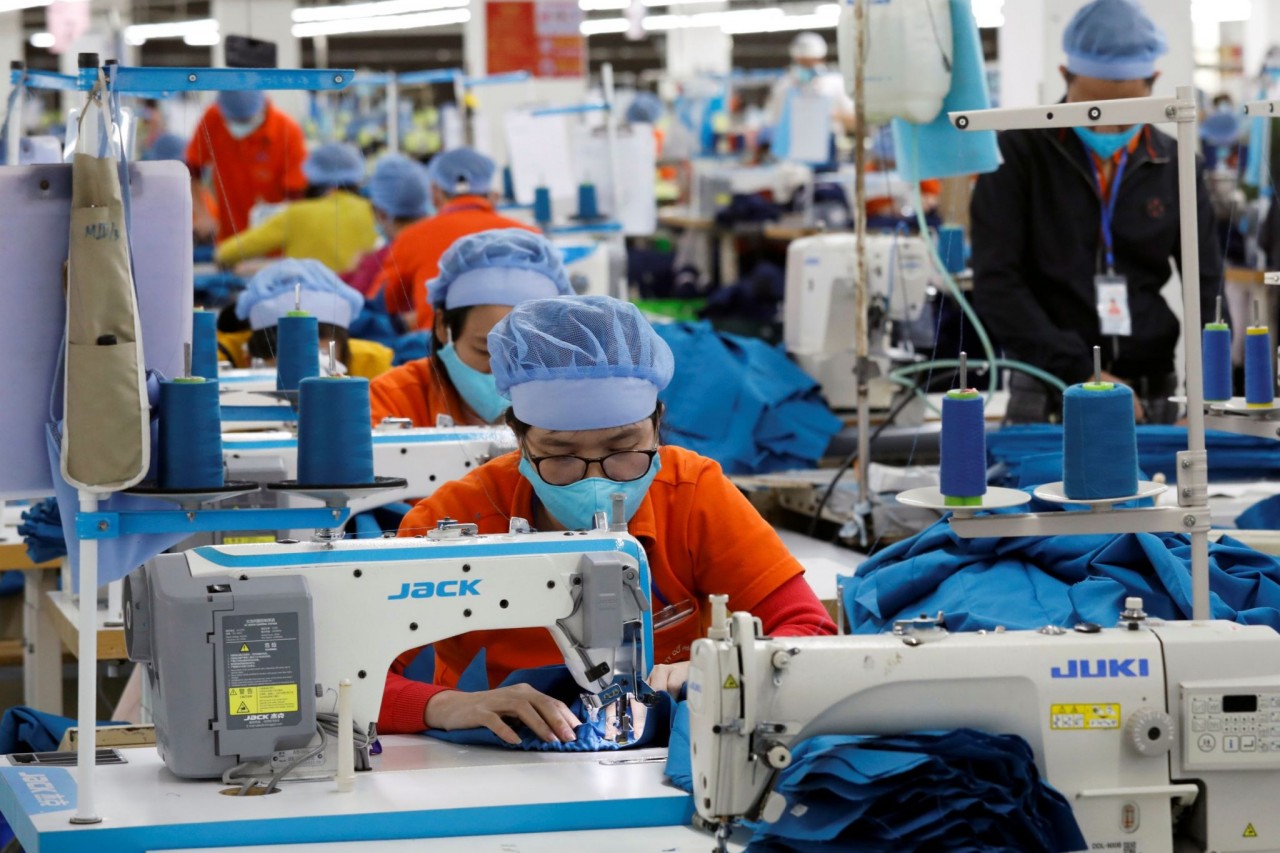Understanding 'Sharing Economies' in Vietnam
Sharing economy is a market model combining ownership and sharing, highlighting peer-to-peer networks based on the rights to use goods and added values to increase the benefits for the involved parties. Sharing economy is developing as it redistributes resources from where they are not used effectively to where they can be used more effectively.
From a macro-economy viewpoint, sharing economy is where available resources are jointly exploited via technologies, connecting people who have resources with those who need the resources more effectively.
Changes in ownership under the impacts of sharing economy
In the sharing economy, ownership is not merely the social relationship between humans in the possession of physical materials; it is the relationship between people in the process of sharing resources. As such, certain ownership factors are changed as sharing economy develops.
First, changes in the objects of ownership
Before the 4.0 industrial revolution, the objects of ownership normally were production materials such as capital, machines and laborers. However, technological companies holding data on the needs, hobbies and finance of consumers play an increasingly important role in the sharing economy.
In the future, systems connecting via the internet will collect data on customer needs, based on which the producers only need to update the software to upgrade products without replacing any components. As such, the values of invisible properties such as technologies and data are increasingly integral to the value chains of a product.
Second, changes in the subjects of ownership
With the Internet of Things, millions of equipment are collecting data from users globally and sending them to the cloud storage of certain “owners.” These data are valuable to the production companies and others. The questions are: Who owns these data? How do the data owners benefit from their ownership? Who owns the final products and how are the benefits shared?
Third, changes in the awareness about ownership
The sharing economy gives rise to consumers who prioritize experience over material ownership. The future generation of customers will only need the ability to “access” and use an object. Sharing economy allows the need to share available resources jointly exploited by users via technologies to be met most efficiently.
Issues facing ownership in Vietnam’s sharing economy
First, changes in ownership require better management regulations
The initial assessment on the adaptability of the current laws to the sharing economy shows that Vietnam has not yet had regulations on adjusting the sharing economy activities.
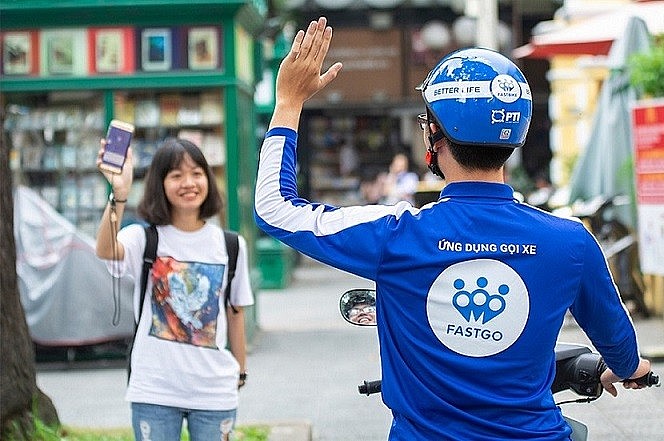 |
| FastGo, a Vietnamese car booking app, has successfully made use of the sharing economy. Photo: tuoitrethudo.com.vn |
Second, the 4.0 industrial revolution poses challenges to intellectual property
Due to the fourth industrial revolution, intellectual property has increasingly become a requirement in the international integration and economic development of each country, including Vietnam. Products of creativity must be protected by law to ensure fairness and encourage scientific and technological development.
For instance, 3D printing technologies may significantly impact intellectual property regulations, because determining whether 3D printing conflicts with intellectual property is a daunting task for both users and authorities.
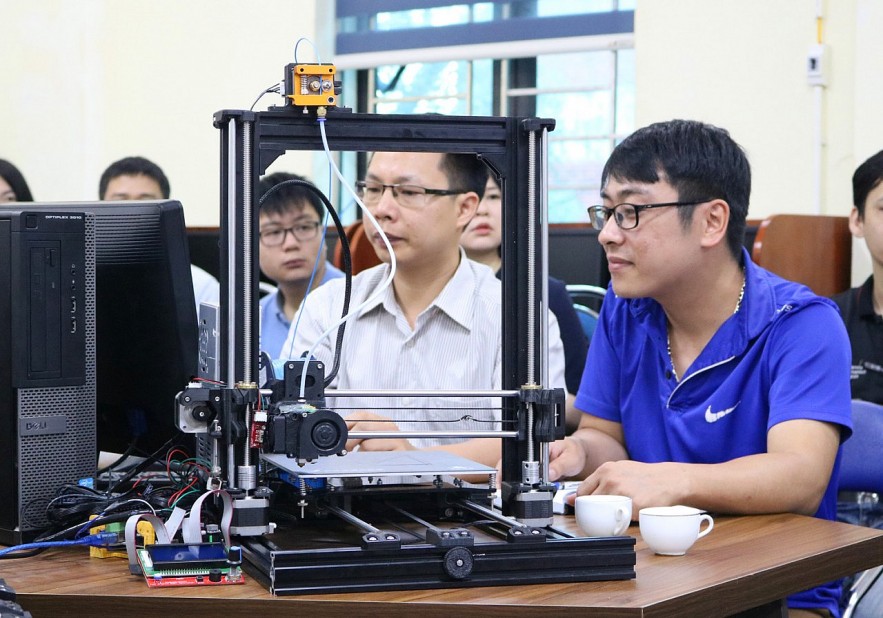 |
| Teachers attend training on 3D printing in the STEM Lab of the Thai Nguyen University of Technology. Photo: Vietnam News Agency |
Third, the profits of businesses pursuing sharing economy have not been gauged precisely
Many activities such as AirBnB rental are not included in the Gross Domestic Product. Some might assume this should not be too concerning since we are using resources more effectively and creating more value than increasing goods production. However, the economy needs balances at the macro level and we are lacking data tools to prove that the sharing economy can bring more balances in society.
Fourth, the responsibilities of the subjects involved in the sharing economy are kept at the minimum
In addition to the fact that businesses in the sharing economy mostly operate based on sharing of resources, the business’ responsibilities are kept at the minimum, especially the responsibilities towards laborers. This is one of the greatest failures of this economic model: It cannot form its human resources. When Uber is taken over by Grab, thousands of Uber drivers were not officially informed and were forced to find new jobs or methods to become Grabers.
The relationship between people with properties and intermediary organizations is also worth mentioning. In the sharing economy, fin-techs are intermediary organizations providing services. However, the problem with Uber of Grab is that business risks are significantly shifted to the partners (laborers providing direct services), rather than being intervened at a deeper level.
Solutions to address issues with ownership in the development of sharing economy in Vietnam
First, completing the institution, providing a full and flexible legal environment and creating conditions to develop and manage the sharing economy effectively
The government of Vietnam by now has not developed any legal corridor to ensure that businesses can operate effectively in the sharing economy. The development of a legal corridor for the operation of sharing economy is necessary to ensure social order, balance between the benefits of the parties involved and protect the rights of customers.
Second, improving the intellectual property laws to encourage efficient innovation and protect ownership in all sectors. In addition, intellectual property regulations based on the Internet of Things, big data and cloud computing, the foundations of sharing economy, should be completed.
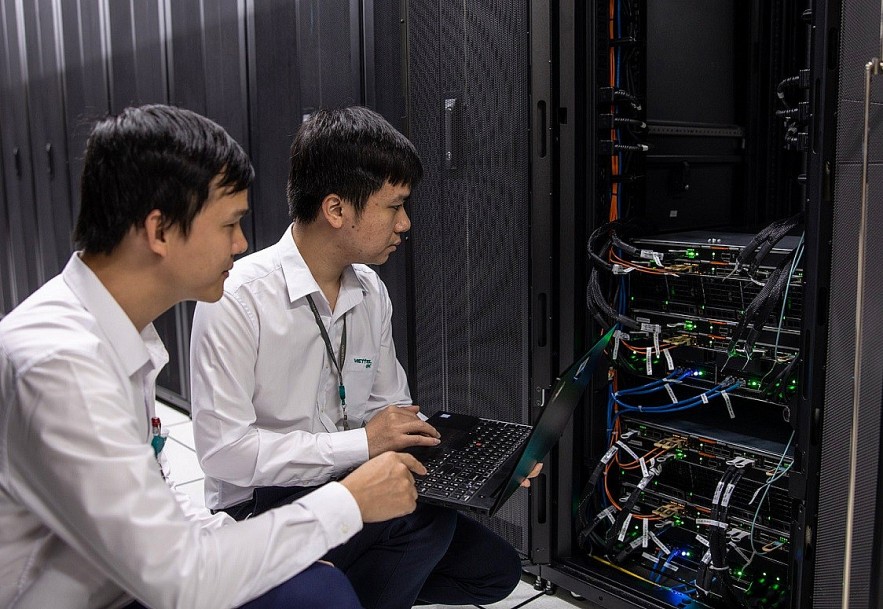 |
| Intellectual property regulations based on the Internet of Things, big data and cloud computing, the foundations of sharing economy, should be completed. Photo: Vietnamplus + |
Third, quickly developing tools and methods to make financial gains from the sharing economy accounted for and ensure data transparency in the sharing economy.
Fourth, raising the awareness of the subjects involved in the sharing economy and developing mechanisms to protect the legal rights and benefits and individual properties, Mechanisms to clarify the roles and responsibilities, impose punishments on violations and data misuse and ensure data safety when joining the sharing economy should also be designed.
It is undeniable that while having significant strengths, the sharing economy has visible limitations, such as in ownership, balancing the benefits of the parties involved, business ethics and quality control. However, this economic model will have a strong impact in the future and its limitations can only be addressed with a well-developed legal corridor.
Original: Hoang Ngoc Hai – Ho Thanh Thuy
Ho Chi Minh National Academy of Politics
Translation summary: Sophie Tran
 | Vinamilk: The Only ASEAN Representative Among the World’s Strongest Brand Rankings Vinamilk is the only representative from the Southeast Asian region to land in the top 10 most valuable dairy brands globally in 2021, with a ... |
 | Mobile Retail Chains Struggling Due to Social Lockdown Extended social lockdown in Hanoi and Ho Chi Minh City has dealt a major blow to mobile retail stores in Vietnam. |
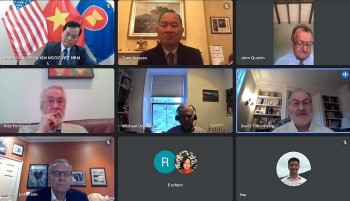 | “Spark” Initiative Supports Covid Prevention in Vietnam On September 2, Ambassador of Vietnam to the United States Ha Kim Ngoc attended the first meeting of the Vietnam Spark Board under the invitation ... |




